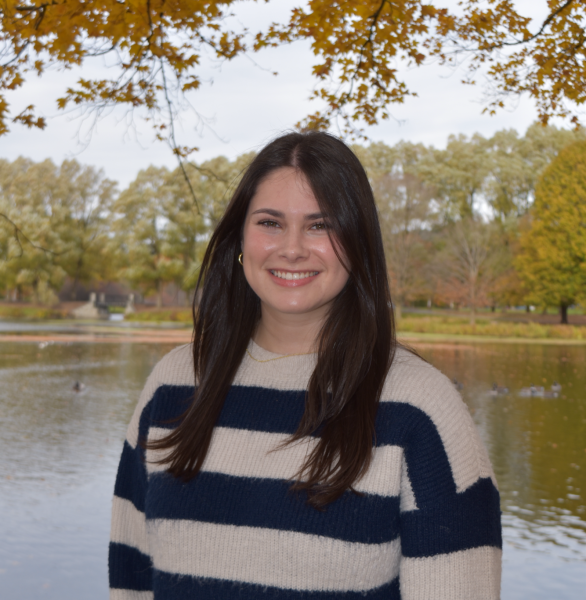Though Colgate University can often feel insular and distant from the broader community, many on-campus clubs aim to foster more connection with the town of Hamilton N.Y. and Madison County by engaging with causes outside of Colgate’s narrow reach. Colgate Buddies, in particular, aims to facilitate relationships between Colgate students and the local disabled community, specifically partnering with community groups that cater to individuals with cognitive disabilities.
Colgate Buddies works with a variety of organizations based in Central Upstate New York that provide social and residential spaces for individuals with disabilities, including Heritage Farms, a facility whose goal is to support people with developmental disabilities and help them to develop the skills necessary to be successful on their own.
Junior and co-leader of Colgate Buddies Mary Vertetis explained the types of events that the club plans.
“We partner with local community groups to host a variety of events, ranging from holiday craft making to going apple picking, as well as attending events with community groups with disabilities,” Vertetis said. “My favorite event was going to a nearby apple orchard with Heritage Farms, which we plan to do again. I am also very excited about going back to some of the community basketball games and parades!”
When hosting these events, Colgate Buddies’ primary goal is not only to forge connections between Colgate students and the disabled community but also to establish spaces where disabled individuals feel welcome. Sophomore Sophie Dutton, a fellow co-leader of Colgate Buddies, emphasized the importance of forming such environments.
“Colgate Buddies’ goal is to create an inclusive community with people with various intellectual and developmental disabilities,” Dutton said. “While making friendships and bonds along the way, we also aim to spread advocacy across Madison Country and erase the stigma that working with the neuro-diverse community is ever an ‘act of service.’”
Senior and co-leader Laine Girolamo reveals that advocating for the disabled and cognitively disabled communities is especially crucial at Colgate.
“Colgate can be an isolating place that, whether purposefully or not, makes it more difficult for people with atypical physical and cognitive skills to feel welcome,” Girolamo said. “Colgate Buddies wants to highlight the importance of bridging that gap. We want Colgate students to recognize the strength and knowledge that comes with fostering inclusive spaces.”
Vertetis and Girolamo each cited personal connections to disability advocacy as their motivations for joining Colgate Buddies in their first year at Colgate.
“Before I got to campus as a freshman I knew I wanted to find a group at Colgate that connected with people with disabilities,” Vertetis said. “I have grown up with a sibling with autism and disability advocacy is not only my academic passion but what I find joy in. As soon as I discovered Colgate Buddies I knew this club was exactly what I was seeking: a group that connects with local community members with disabilities.”
Girolamo explained that, like Vertetis, she derives her passion for working with special needs individuals from her family background, which is why she initially decided to become involved with Colgate Buddies.
“I’ve worked in similar inclusive communities my whole life,” said Girolamo. “I have a sister with severe cerebral palsy and two parents who teach children with special needs for a living. When I came to Colgate, and I was not surrounded by people with a range of differing physical and cognitive abilities, it was honestly unnerving. Diversity and inclusion of people who do not look and perform like the typical Colgate student on campus is necessary for everyone at the University to understand how to function, learn and grow in the real world, and I wanted to be a part of that goal.”
For those involved with Colgate Buddies, joining the club can be a formative experience. Dutton explained that the club not only cultivated her passion for helping the disabled and cognitively disabled communities but also for aiding her community in general.
“I truly believe that I am the person I am from joining Colgate Buddies,” Dutton said. “I have learned a tremendous amount of patience and empathy. I have also learned the importance of advocating for what you believe is right in your community — if you won’t do it, who else will?”
Any students interested in joining Colgate Buddies can learn more via the club’s Get Involved page.







